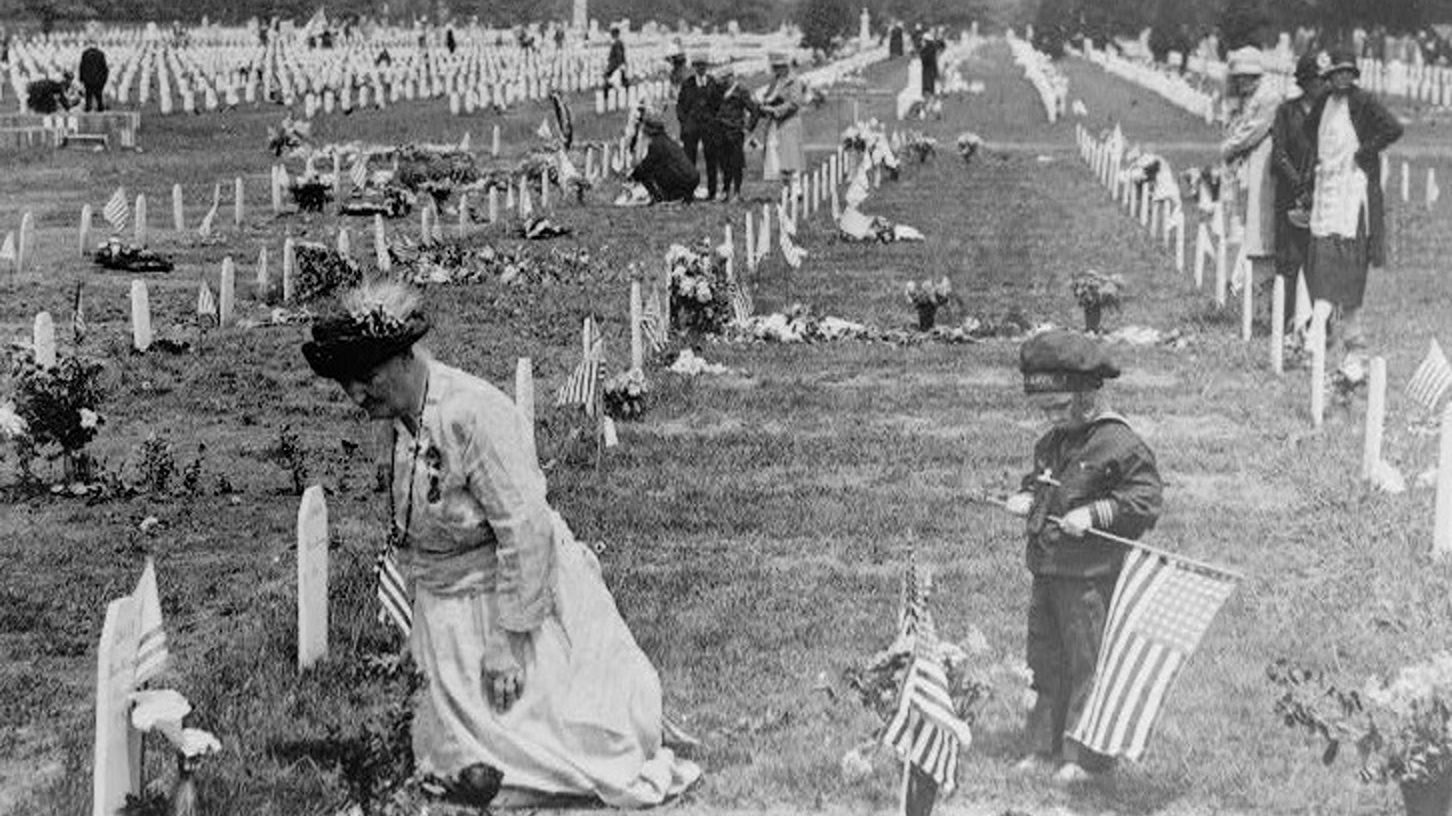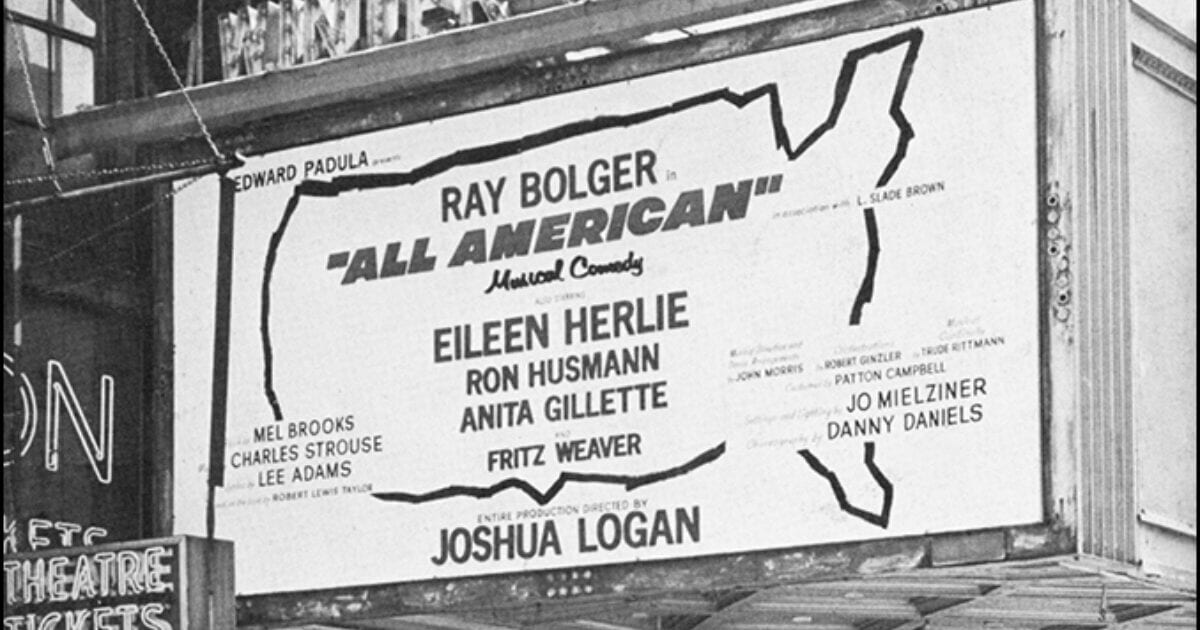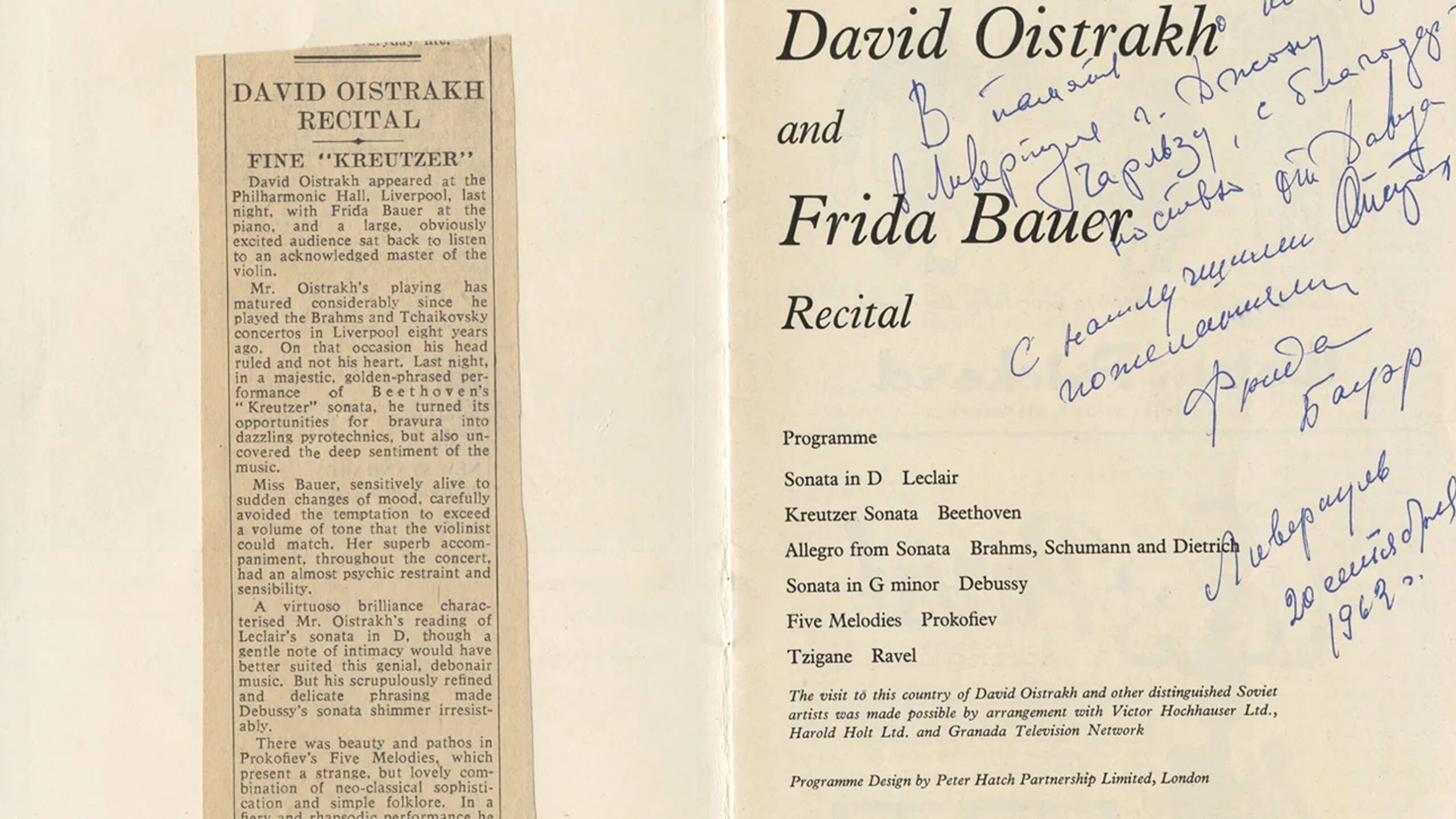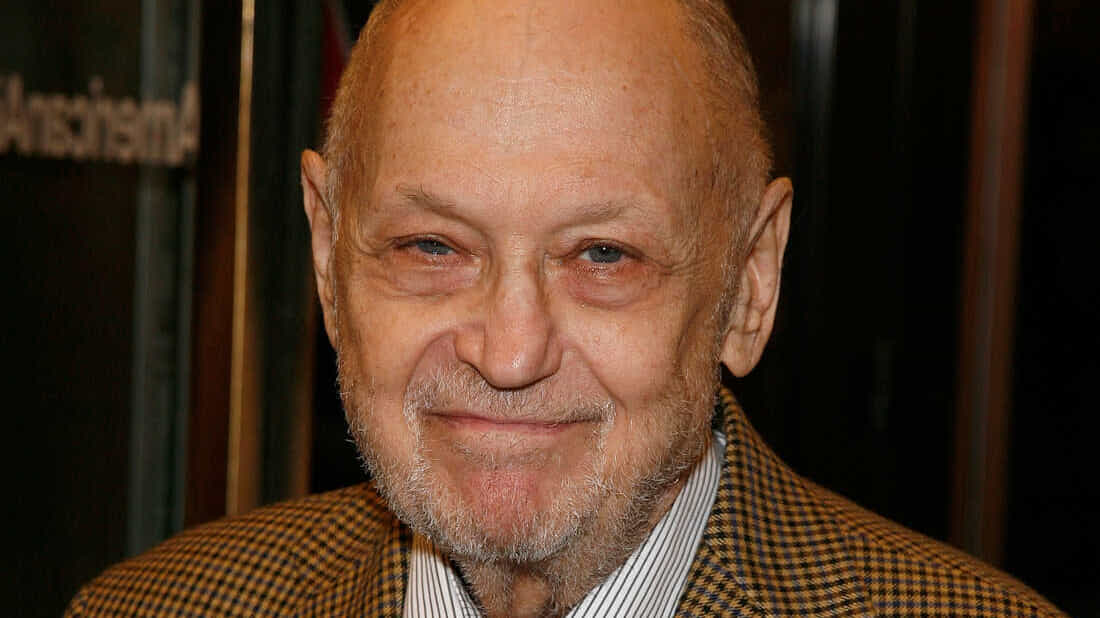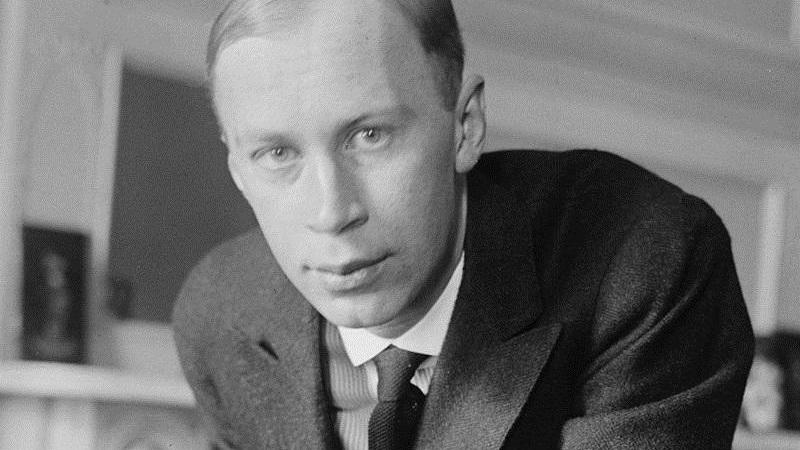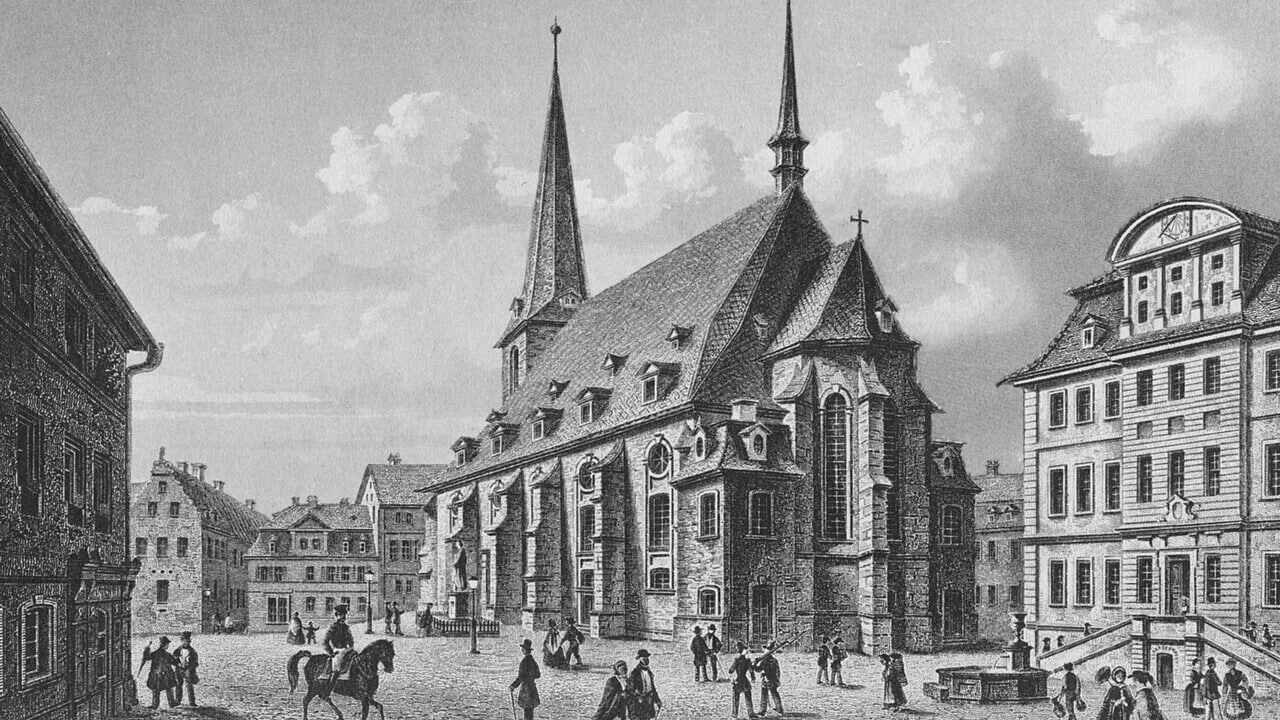Ives’ “Tom Sails Away”: Childhood Memories from Wartime
In 1917, Charles Ives composed a series of songs in response to the entrance of the United States, that year, into the First World War. The final song, Tom Sails Away, involves a dreamy childhood memory, experienced as a vivid hallucination. The text, written by Ives, begins with images of a springtime sunset over a New England mill town. The hustle and bustle of the day has faded. The final haunting moments …

